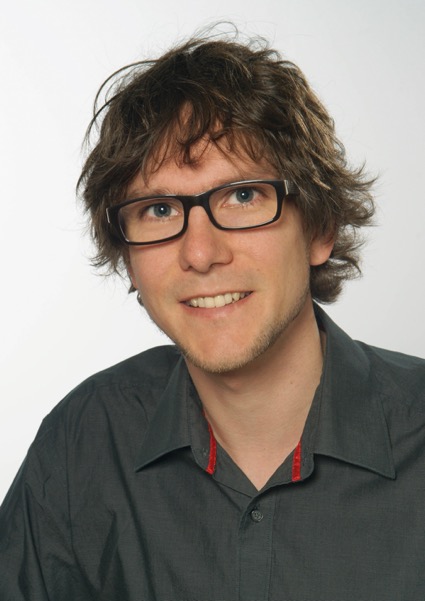
SPEAKER PROFILE |
 Dr Andreas Hugi irSweep Switzerland |
Spectroscopic applications of quantum cascade laser frequency combs
Abstract
Fast infrared spectroscopy is an important tool for research and industrial applications, giving insight into chemical kinetics on many timescales, biological processes, as well as providing an important tool for routine process monitoring and quality control. Quantum cascade laser frequency comb infrared spectroscopy has recently emerged as a new method for obtaining fast continuous measurements, enabling the parallel acquisition of many mid-infrared wavelengths with microsecond time resolution. In addition, laser-based IR spectroscopy breaks the fundamental size vs resolution barrier that is a limiting factor for interferometric techniques, allowing for spectral resolutions of <1 x 10-4 cm-1.
This contribution presents pump-probe experiments conducted on the transmembrane protein bacteriorhodopsin using a frequency comb spectrometer, which enables spectral information of three different light-activated states to be obtained after a single 10 ns excitation pulse, representing a total experimental time of 16 ms.1 Combustion monitoring and chemical kinetics are other important applications where single-shot measurements are essential, as relatively variable reaction conditions complicate acquisition averaging. Preliminary results show the evolution of multiple species on a microsecond timescale in a gas-phase reaction at high temperature and pressure.2 Frequency comb spectroscopy is unique in its ability to simultaneously detect and quantify these species on a single-shot basis in the mid-infrared spectral region.
References:
[1] Klocke, J. L., Mangold, M., Allmendinger, P., Hugi, A., Geiser, M., Jouy, P., Faist, J., Kottke, T. 2018 Anal. Chem. 90, 10494–10500.
[2] Pinkowski, N. H., Ding Y., Strand C. L., Hanson, R. K., Horvath, R., and Geiser, M. “Dual-Comb Spectroscopy for High-Temperature Reaction Kinetics.” ArXiv:1903.07578 [Physics], March 4, 2019. http://arxiv.org/abs/1903.07578.
This contribution presents pump-probe experiments conducted on the transmembrane protein bacteriorhodopsin using a frequency comb spectrometer, which enables spectral information of three different light-activated states to be obtained after a single 10 ns excitation pulse, representing a total experimental time of 16 ms.1 Combustion monitoring and chemical kinetics are other important applications where single-shot measurements are essential, as relatively variable reaction conditions complicate acquisition averaging. Preliminary results show the evolution of multiple species on a microsecond timescale in a gas-phase reaction at high temperature and pressure.2 Frequency comb spectroscopy is unique in its ability to simultaneously detect and quantify these species on a single-shot basis in the mid-infrared spectral region.
References:
[1] Klocke, J. L., Mangold, M., Allmendinger, P., Hugi, A., Geiser, M., Jouy, P., Faist, J., Kottke, T. 2018 Anal. Chem. 90, 10494–10500.
[2] Pinkowski, N. H., Ding Y., Strand C. L., Hanson, R. K., Horvath, R., and Geiser, M. “Dual-Comb Spectroscopy for High-Temperature Reaction Kinetics.” ArXiv:1903.07578 [Physics], March 4, 2019. http://arxiv.org/abs/1903.07578.
Bio
Prior to co-founding IRsweep, Andreas received his PhD on single-mode and comb operation of broadband QCLs in 2013 under the supervision of Jérôme Faist at ETH Zurich. He received his Master of Science in Micro- and Nanotechnology in 2007 from the University of Neuchâtel. Among others, Andreas was awarded the ETH Medal for an outstanding doctoral thesis and the Omega student award for his master thesis.